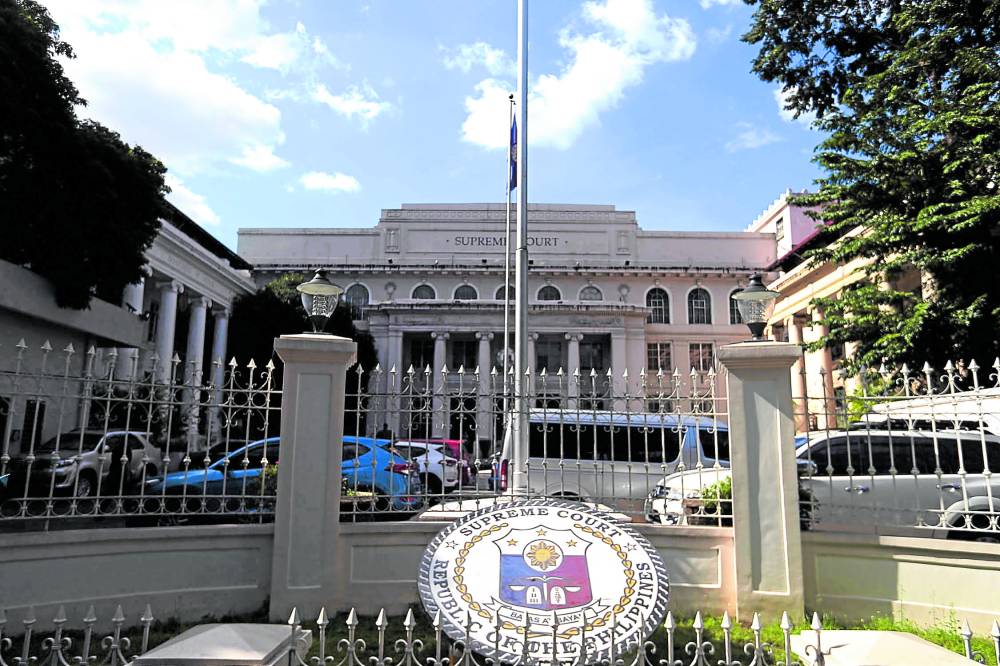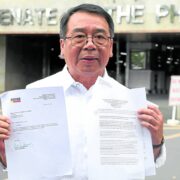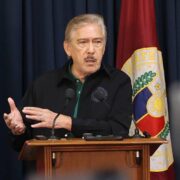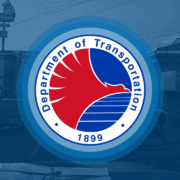Korean pastor gets life term for qualified trafficking of minors

The Supreme Court has upheld the life sentence of South Korean pastor Si Young Oh, also known as “Steve Oh,” for qualified trafficking after he recruited minors for his church under false pretenses and then forced them to do labor.
In a 22-page decision dated June 5 but made public only on Monday, the Supreme Court’s Third Division dismissed Si’s appeal for lack of merit after it found him guilty of qualified trafficking in persons under Republic Act No. 9208, or the Anti-Trafficking in Persons Act of 2003.
In addition to his life sentence, he was fined P2 million and ordered to pay his victims P1.8 million in damages.
The high court said in its decision on GR No. 262632, written by Associate Justice Samuel Gaerlan, that even if the three victims voluntarily provided labor due to their religious convictions, it was irrelevant in this case, as the consent of minors holds no weight in human trafficking cases.
Si, a pastor of the Korean Christian Presbyterian General Assembly, a religious organization based in Seoul, South Korea, was indicted in 2013 along with Lee Yeon Ho for allegedly taking advantage of the 17-year-old victims and exploiting their vulnerability through fraud, deception or under the pretext of offering domestic or overseas employment, training, apprenticeship, tours, or other benefits.
In March 2008, Si moved to Pampanga and became part of an unnamed institution where he offered courses leading to a bachelor’s degree in theology.
On April 15, 2013, the Department of Social Welfare and Development and National Bureau of Investigation conducted a rescue operation after receiving reports that he was exploiting students by making them render hard labor, either for free or for small allowances of P50, P100 or P200.
One victim, for instance, said she stayed at the institution for nine months before realizing it was not a real school.
According to her, no classes were conducted; instead, they were directed to perform manual labor from 8 a.m. to 3 a.m. the following day.
Si admitted that he operated the institution without government permits to function as a seminary or educational institution.
Volunteers
However, he claimed that the victims were not forced to do manual labor but had volunteered to help construct the seminary’s facilities.
In 2017, the Angeles City Regional Trial Court in Pampanga found Si guilty of qualified trafficking but acquitted Lee, as there was no evidence proving his involvement in recruiting the victims.
In 2021, the Court of Appeals affirmed the lower court’s decision but modified the sentence to life imprisonment. It also imposed a P2-million fine and awarded P100,000 in moral and exemplary damages to each private complainant.
In dismissing Si’s appeal, the high tribunal emphasized that trafficking occurs when individuals are recruited, transported, or transferred—regardless of consent or knowledge—under threats, coercion, deception or abuse of power, for exploitative purposes.
The crime is classified as qualified trafficking, which carries a life sentence, when it involves minors or three or more victims.
The Supreme Court found that the prosecution proved Si, personally or through an assistant, recruited and transported the three victims to become students at his church in Pampanga
“The categorical, straightforward, spontaneous, and frank testimonies of [the victims] confirm that they are credible witnesses,” it said.

















